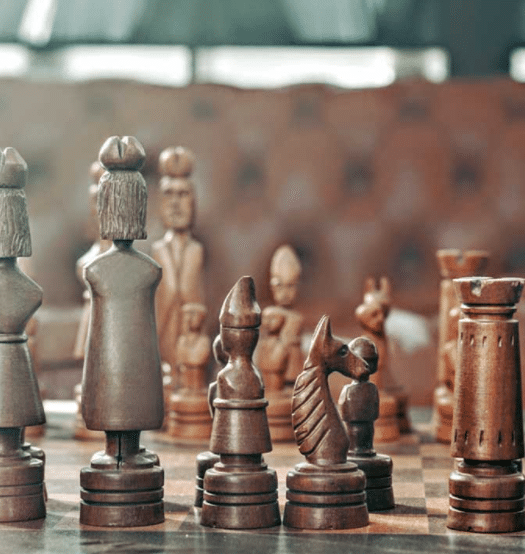By MJZanon, ChatGPT – March 16, 2023.
 Artificial intelligence (AI) has revolutionized numerous industries, including healthcare, finance, transportation, and entertainment. The use of AI in these industries has led to improved efficiency, accuracy, and cost savings. However, with the increasing use of AI in the creative industries, questions are arising about the intersection of AI and copyright.
Artificial intelligence (AI) has revolutionized numerous industries, including healthcare, finance, transportation, and entertainment. The use of AI in these industries has led to improved efficiency, accuracy, and cost savings. However, with the increasing use of AI in the creative industries, questions are arising about the intersection of AI and copyright.
Copyright is a legal concept that gives creators the exclusive right to use and distribute their work. The purpose of copyright is to protect the originality and creativity of a work and to prevent others from using it without permission. With the advent of AI, there are new challenges to the traditional concept of copyright.
One of the primary concerns with AI and copyright is the issue of ownership. Who owns the copyright for a work created by AI? Is it the person who created the AI system or the person who trained it? Or is it the AI system itself? These questions are not easy to answer, and there is no clear legal framework for addressing them.
Another issue is the use of copyrighted material in AI training. Many AI systems are trained using large datasets of copyrighted material, such as images, music, and text. While the use of these materials may be essential for training the AI, it raises questions about whether the use of copyrighted material in this way constitutes fair use.
There is also the issue of AI-generated works that are similar to existing copyrighted works. AI systems can analyze and learn from existing works, and then generate new works that are similar in style and content. This raises questions about whether these works are original or derivative and whether they infringe on the copyright of the original work.
To address these issues, some experts have proposed new legal frameworks for AI and copyright. One proposal is to create a new type of copyright that specifically addresses works created by AI. This would include guidelines for ownership, use of copyrighted material in AI training, and the protection of originality and creativity.
Another proposal is to create a database of AI-generated works and to assign them a unique identifier. This would help to distinguish between original works and those that are similar to existing copyrighted works. It would also help to ensure that AI-generated works are properly attributed and credited to the creators.
In conclusion, the use of AI in the creative industries presents new challenges to traditional copyright concepts. While there is no clear legal framework for addressing these challenges, there are proposals for new frameworks that could help to ensure that AI-generated works are properly protected and credited. As AI continues to evolve, it will be important to develop new legal frameworks that can keep up with these changes and ensure that creativity and originality are properly protected.